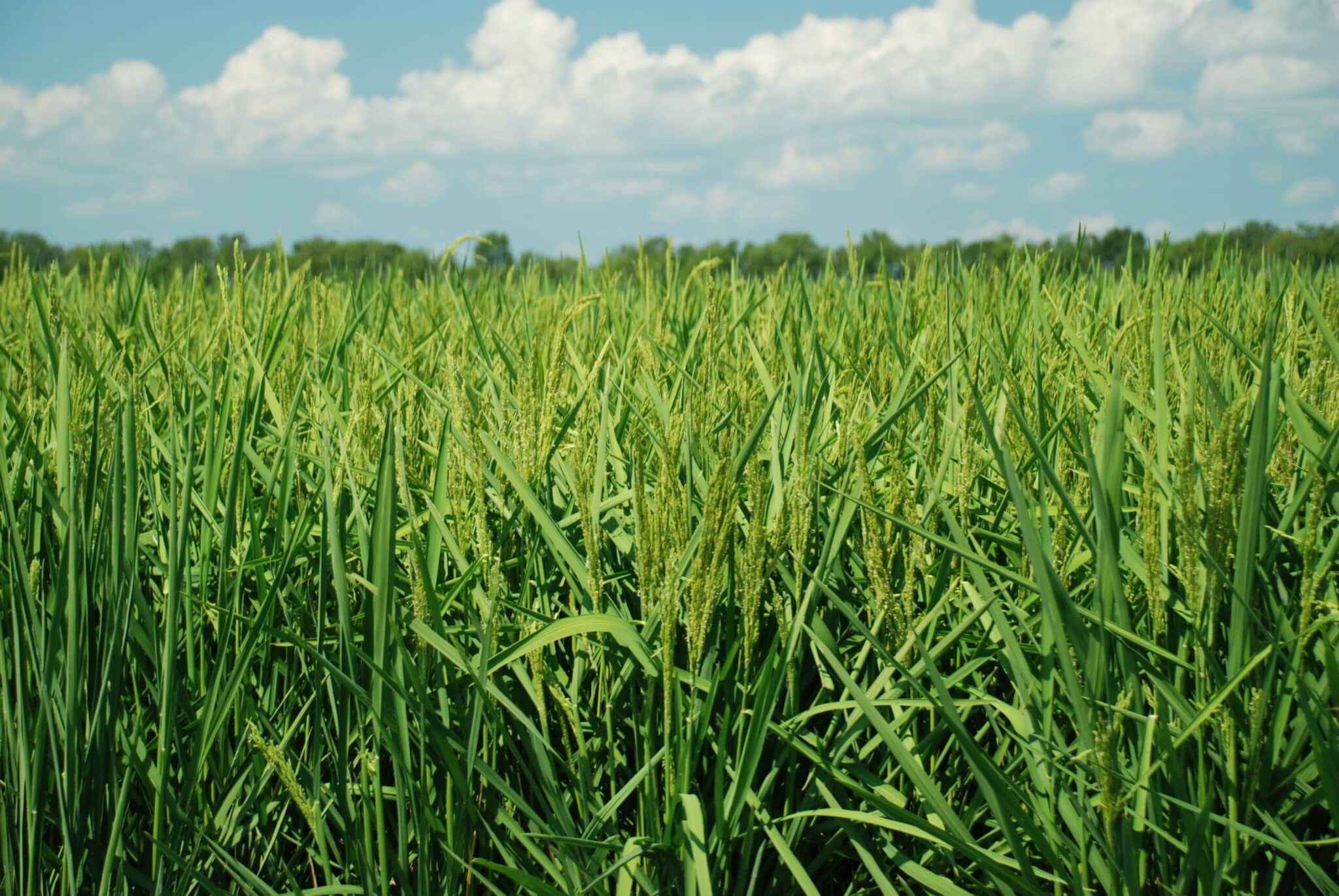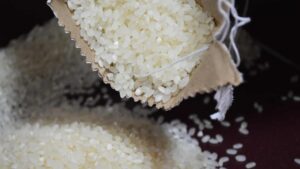Scientists have discovered a gene that provides immunity against a disease that decimates rice and wheat crops.
Many rice and wheat producers dread blast disease. Blast disease, caused by the fungus Magnaporthe oryzae, not only destroys rice, a food staple of 60 per cent of the world, it began attacking wheat in the 1980s. The disease has spread rapidly in Asia and carries a high risk of emergence in Europe.
In hopes of tackling the disease, researchers from INRAE, CIRAD, and the University of Montpellier collaborated with counterparts from China and the Philippines to investigate the genetic basis of a natural resistance to blast in rice, according to a release. They discovered a disease resistance gene that makes rice immune to strains of M. oryzae that secrete AVR-Pita virulence factor, a protein that helps the pathogenic fungus invade the plant.
Most resistance genes found in plants create proteins that pick up chemical signals released by pathogens. However, this gene stands out by coding a new, different protein in plant immune systems. The scientists are still figuring out the mechanisms through which this protein operates.
This research will allow exploration on new resistance mechanisms in plants, based on the specific resistance gene and other recently discovered components, with the objective of gaining insight into natural disease resistance, as well as optimizing its use for more efficient crop protection strategies.












